Conditions We Treat
At Riverbend Chiropractic and Wellness, we provide services that work collaboratively to help you move, look, and feel 10 years younger, with better health and quality of life.
Here are a few of the most common conditions we treat
Headaches

Headaches can be debilitating. They can make you irritable, miss work, sick, even...
Migraines

Migraines are one of the leading causes of missed work, and feeling like ...
Neck Pain

Neck pain can range from an annoying ache, to stopping you dead in your...
TMJ - Jaw Pain
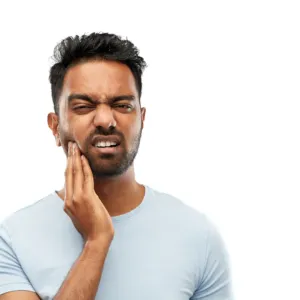
TMJ and jaw related problems can cause popping, locking, clicking and pain. They...
Read More
Rotator Cuff & Shoulder Pain

Rotator cuff is the most commonly injured structure in the shoulder. But it is not..
Read More
Tennis Elbow and Elbow Pain

Tennis elbow and elbow pain can make it impossible to even brush your teeth if...
Read More
Hand & Wrist Pain
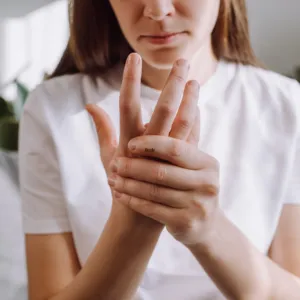
Hand and wrist pain can make your arm nearly useless when it is...
Read More
Carpal Tunnel Syndrome
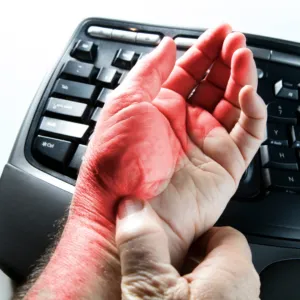
Carpal tunnel syndrome can cause you to drop things, and impossible to carry...
Read More
Back Pain
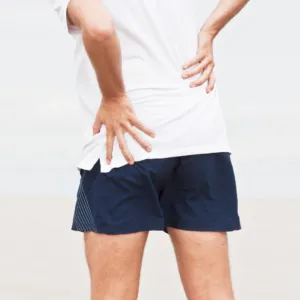
Neck pain can range from an annoying ache, to stopping you dead in your...
Disc Injuries
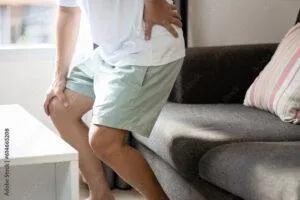
Disc herniations and disc bulges account for the most common cause of ...
Sciatica

Sciatica can be devastating. If your leg feels like its on fire, or has electricity...
Stenosis

Stenosis in the spine is a leading cause of pain and sciatica in those over...
Pelvic Girdle Pain

Women, especially during and after pregnancy can suffer from pelvic girdle ...
Read More
Hip Pain & Arthritis
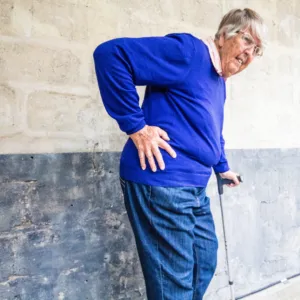
If you are waking up every day saying "my damn hip hurts", you may have arthritis...
Read More
ACL & Meniscus Injury

Blowing out your knee is no joke. When you injure your ACL and meniscus, it...
Read More
Knee Pain

Knee pain can make getting out of bed, climbing stairs, even walking next to...
Read More
Plantar Fasciitis & Foot Pain
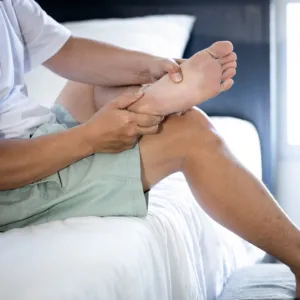
Plantar fasciitis and foot pain can make you look and feel 30 years older than...
Read More
Ankle Pain & Injuries

Ankle sprains can keep you out of the game, and off your feet if you don't...
Read More
Arthritis

While no cure exists for arthritis, we routinely have our patients raving about...
Read More
Fibromyalgia
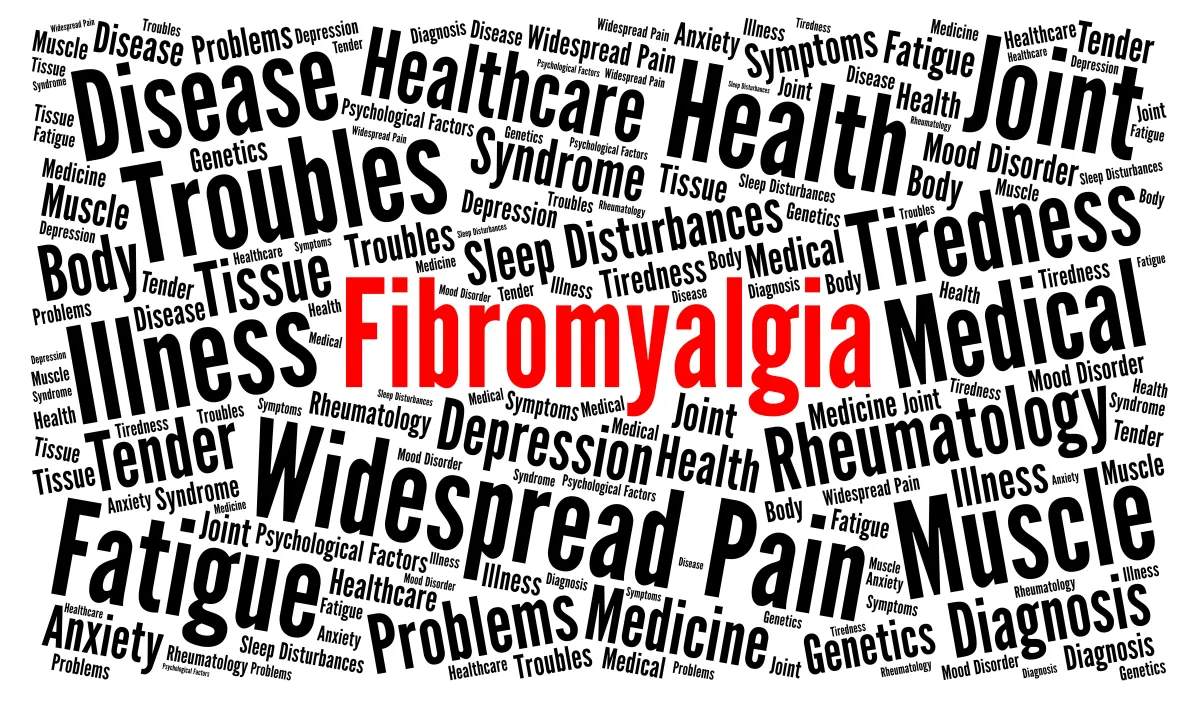
Fibromyalgia affects everyone differently. While there is no 'cure', we have found ...
Read More
Concussion

All concussions are serious. You only have one brain, and getting the treatment...
Read More
"Its like magic! I feel so much better!"
Marina
"I couldn't hold onto anything. Now I can!"
Lillian
"I feel so great, I could jump to the ceiling!"
Anna
"The pain was permanent...but now its gone!"
Hugh
"My foot feels great, and we had the perfect holiday"
Diane
I would highly recommend Dr. Tanti. I went to see him for chronic headaches and had relief after my first appointment. He has a holistic approach and truly listens to his patients.
Meagan Jakubec
Google Review
After suffering from a chronic SI condition I visited Dr. Joe Tanti at Riverbend Chiropractic. His manner is warm and welcoming and treatments are professionally administered. I also like that he is treating my back issues in a more holistic by including therapeutic exercises which I can undertake at home. A five star review for Dr. Joe.
Sherri Rourke
Google Review
© 2024 Riverbend Chiropractic & Wellness - All Rights Reserved

